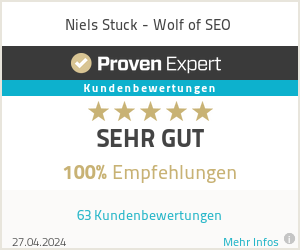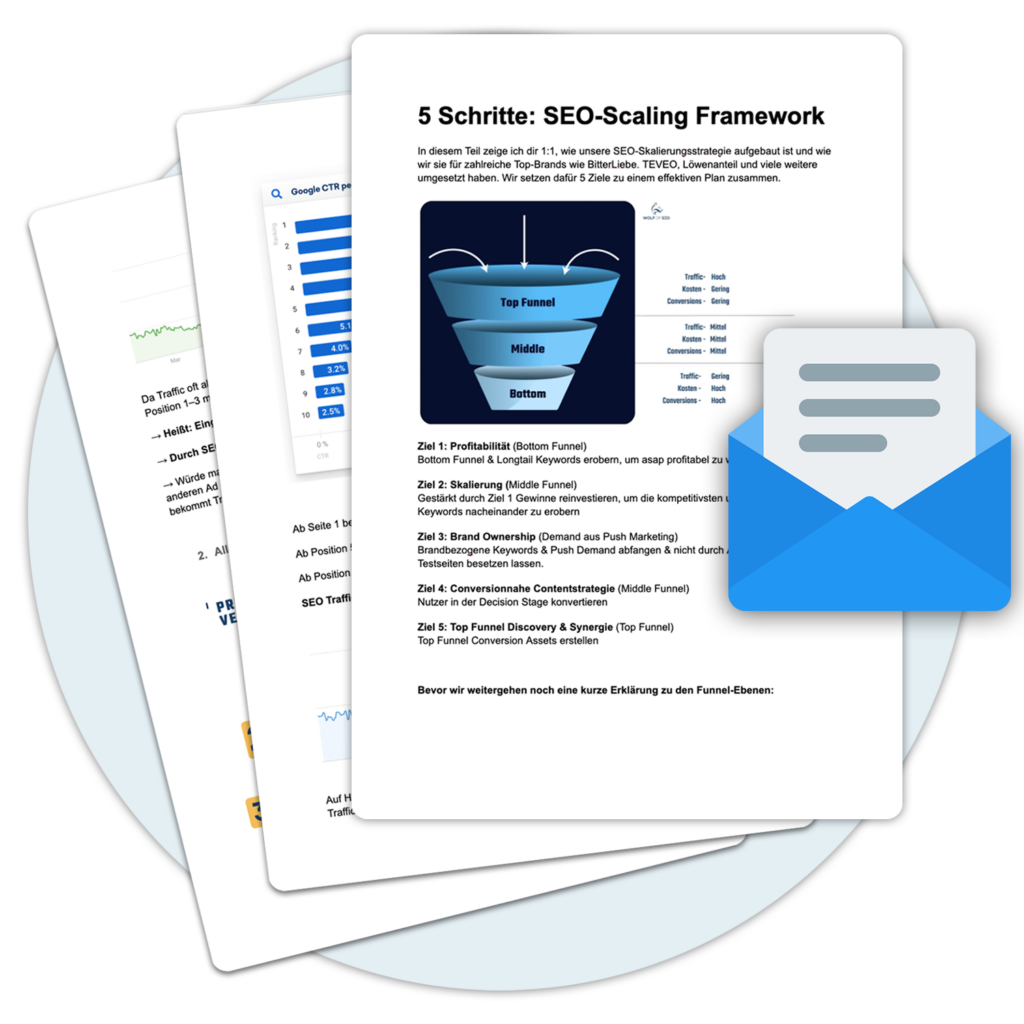What is Keyword Stuffing?
The Keyword stuffing is the practice of inserting a large number of keywords into web content and meta tags to increase the Ranking of a page in the search results artificially and to increase more Traffic to the website. A Keyword is an important term that is relevant to the content in question.
Keyword-Stuffing is considered an unethical SEO technique (also called Black Hat SEO genant) in the best case and as a spam technique in the worst case. The practice is often used to Traffic to fraudulent or spam websites.
Keyword-Stuffing within the content of a website is also known as spamdexing. The keywords can thus be hidden in the content through a number of methods.
For example:
- By matching the font color to the background
- Setting the font size to zero
- The deposit of various images with Alt texten
Why is keyword stuffing bad?
Words and phrases used for keyword usage are typically relevant, contextual, and on-topic search terms. Often, only a list of common search terms, such as. Clickbait Terms, drugs or celebrity names used as keywords.
According to Google Keyword-Stuffing is not only unethical, but also ineffective. The Meta descriptionen are also no longer used to rank websites, so keywords placed in this field are ignored.
Immer ausgefeiltere Algorithmen helfen Google, nicht nur zu erkennen, wann Begriffe irrelevant sind, sondern auch, wenn sie aus dem Zusammenhang gerissen, irregührend oder „gespammt“ sind. Wenn außerdem versteckter Text im Inhalt erkannt wird, kann Google eine Website aus ihrem Index so that it does not appear in the search results at all. This is then called a Google Penalty (penalty), and is mostly very difficult or impossible to fix.
Google offers some advice such as: "Overstuffing pages with keywords leads to a negative user experience and can negatively impact the user experience. Ranking affect your website. Focus on creating useful, information-rich content that uses keywords appropriately and in context."
Why Keyword Stuffing Drives Users Away
One of the reasons for this is that if too many keywords are used, the text becomes unnatural and difficult to read. This can lead to the reader not understanding the text or feeling uncomfortable reading it. The text becomes incomprehensible and thus may defeat its purpose.
Another reason is that the flow of reading is disturbed if the text is unnecessarily overloaded with keywords. This can cause the reader to lose the thread and find it difficult to concentrate on the content. This can cause him to leave the page and thus increase the bounce rate.
Another factor is that a poor user experience can cause the Conversion Rate is reduced. If a user visits a page and feels uncomfortable because the text is difficult to read, they are less likely to take an action, such as making a purchase or signing up for a newsletter.
In summary, it can be said that Keyword sSuffing can be a bad experience for the user and thus have a negative impact on the reading flow, the bounce rate and the Conversion Rate can have. Instead, focus on high-quality content, aiming for natural keyword usage to ensure a positive user experience.
Google Penguin update aims to punish keyword stuffing
Google has released several updates over the years aimed at making websites that are Keyword Stuffing use, devalue or even exclude from search results. One of the most well-known updates, which is aimed against Keyword Stuffing is the Google Penguin update.
The Google Penguin update was released in 2012 and specifically targets websites that use unnatural links or unnecessary keywords to improve their rankings. It aims to identify websites that violate Google's quality guidelines and lower their rankings in search results.
The update checks the web pages for various factors, such as whether they use unnecessary keywords, whether they have unnatural or purchased links, whether they are Duplicate Content have and whether they violate other quality guidelines. If a website is checked for any of these factors and violates, its Ranking devalued by Google.
Google Penguin is an algorithm update that is updated periodically and aims to devalue websites that violate Google's quality guidelines. It helps to improve the quality of Search results for users by ensuring that only high-quality websites appear in the search results.
It is important to note that Google is constantly releasing updates and changing algorithms to ensure that the Search results are always relevant and of high quality. It is therefore important to know Google's quality guidelines and ensure that your website complies with them to ensure that it is not excluded from search results or devalued.
How to avoid keyword stuffing
- Use natural language: Use keywords that fit into a natural context and don't come across as gimmicky.
- Adhere to the recommended Keyword density: The recommended density for keywords varies depending on the Search Engine, but as a rule it should be 1-4% of the text.
- Use synonymous words: Use synonymous words or phrases instead of using the same keyword over and over.
- Use headings and subheadings: Spread keywords across headings and subheadings rather than cramming them all into the text.
- Use meta tags wisely: Use meta tags such as the "description" tag sensibly instead of filling them with unnecessary keywords.
- Optimize for the user: Remember that your page is made for users, not for search engines. So write interesting and useful content instead of overloading it with keywords.
By following these tips, you can Keyword Stuffing avoid and optimize your page so that it is natural and useful for users and at the same time pleasing to search engines.






 By
By 